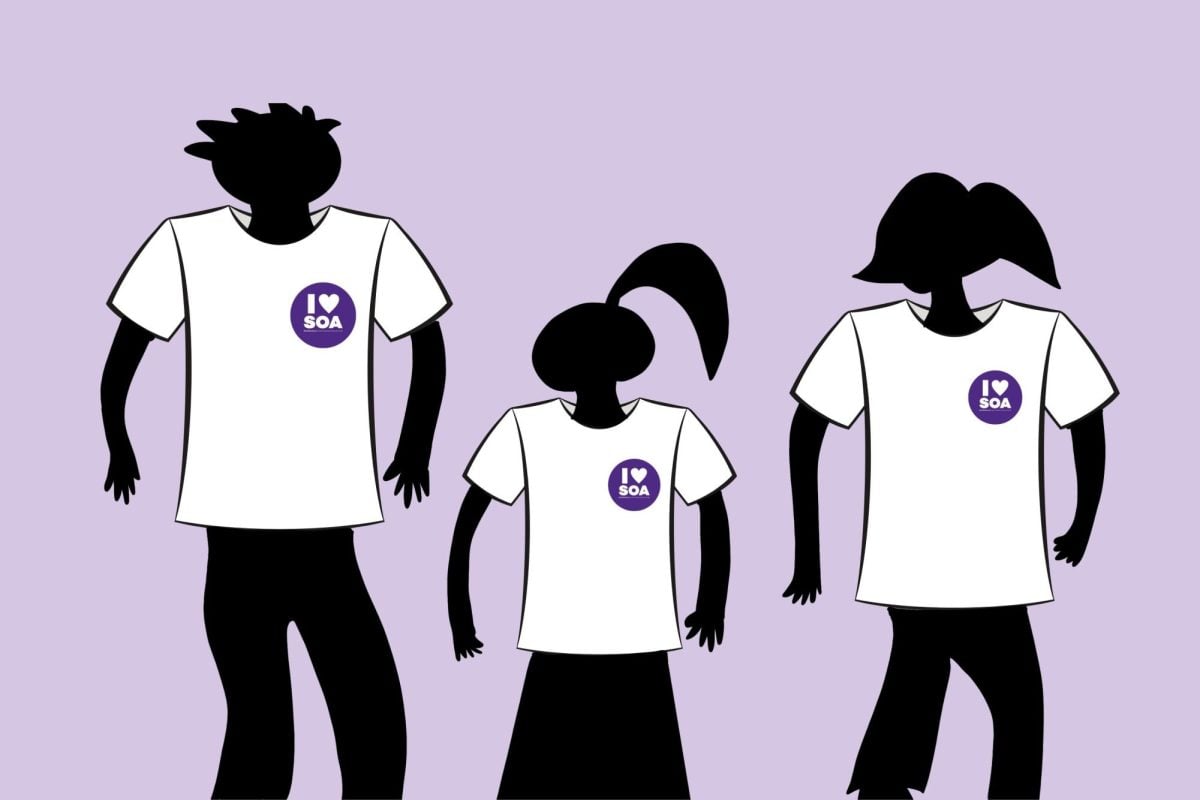As Northwestern’s Peer Health Exchange prepares to select new members, the organization is making an effort to recruit a larger and more diverse staff.
“We’re trying to get different volunteers from different backgrounds,” said Weinberg junior Erinma Ukoha, a senior health educator for PHE. “It makes the program more relatable, and it’s nice to have a mix of people from different backgrounds to work together to help out Chicago public schools.”
Peer Health Exchange is a national organization dedicated to training college students and sending them to public high schools in the area to talk about health education topics such as drugs, pregnancy prevention and healthy relationships.
NU’s Peer Health Exchange reaches out to schools such as Chicago Math and Science Academy, Rickover Naval Academy and Frederick Von Steuben Metropolitan Science High School. On some occasions, health educators from NU have been sent to other schools including the University of Chicago whenever students at those schools cannot make it to a workshop.
This year, the organization sent emails to NU’s Black House and to multicultural fraternities encouraging students to apply, said Weinberg senior Alex Lubben, a member of the PHE Leadership Council.
“The way PHE is right now, is it’s mostly white females, and we don’t service white females,” Lubben said. “We want the people who we service to be of more similar background.”
Because Peer Health Exchange prides itself on being relatable to high school students, the organization decided to recruit on college campuses instead of hiring regular teachers.
“The message comes across more strongly when a peer is teaching a workshop than it does when your strange gym teacher is teaching you about sex, drugs or about healthy relationships,” Lubben said.
Students must attend training on their assigned topic before they can become a health educator. After this training, they are sent to schools with a fellow health educator to teach on that specific health subject, which students may change every year.
After their first year as a health educator, students can become a senior health educator or a member of the PHE Leadership Council. Leadership Council members are in charge of a certain topic and the educators who teach that topic.
“I think it’s a really positive program,” Ukoha said. “It gives Northwestern students a way to get out into the Chicago community.”
The organization has different branches across the nation, including locations in Boston, Chicago, Los Angeles and New York. Peer Health Exchange was first established by several Yale University students who wanted to educate local high schools in New Haven, Conn., according to the PHE website.
Weinberg sophomore Laura Henry, a health educator for PHE, said all children should have access to health education, regardless of what choices they make.
“Being a teacher, you learn … about the high schools in Chicago and what kinds of problems they face,” Henry said. “It gets people to think about the needs in our community that they may have not been aware of before.”
Peer Health Exchange applications are due Oct. 12.












